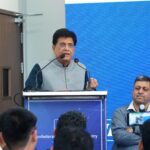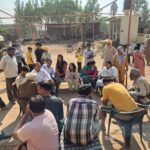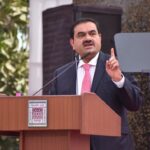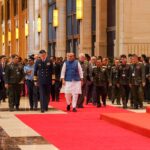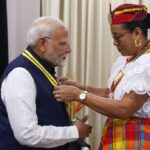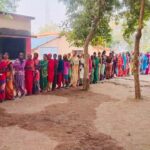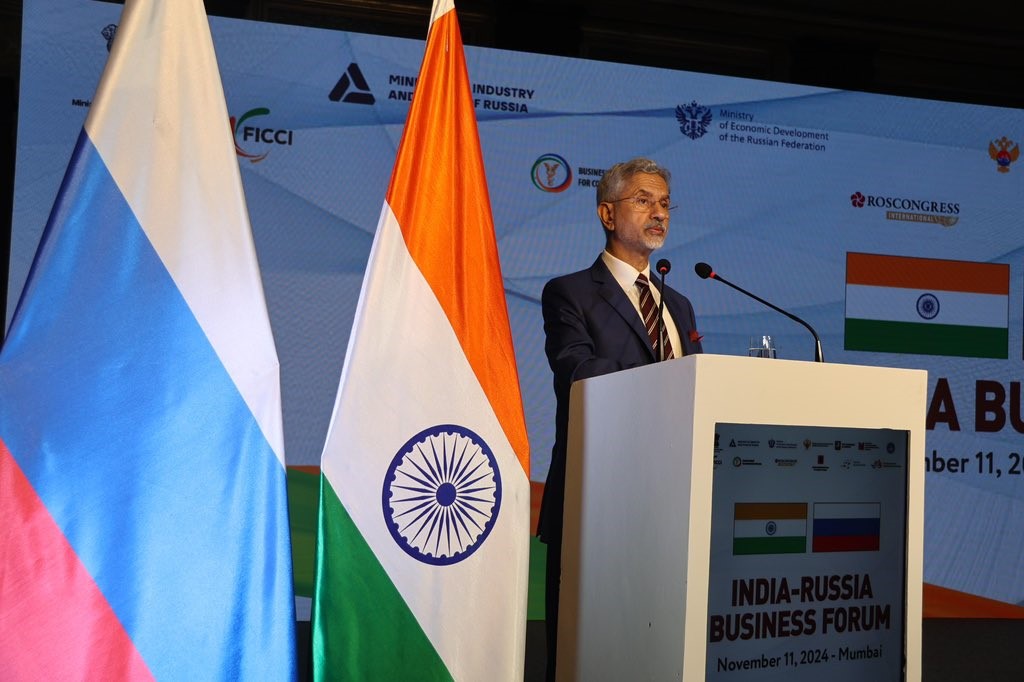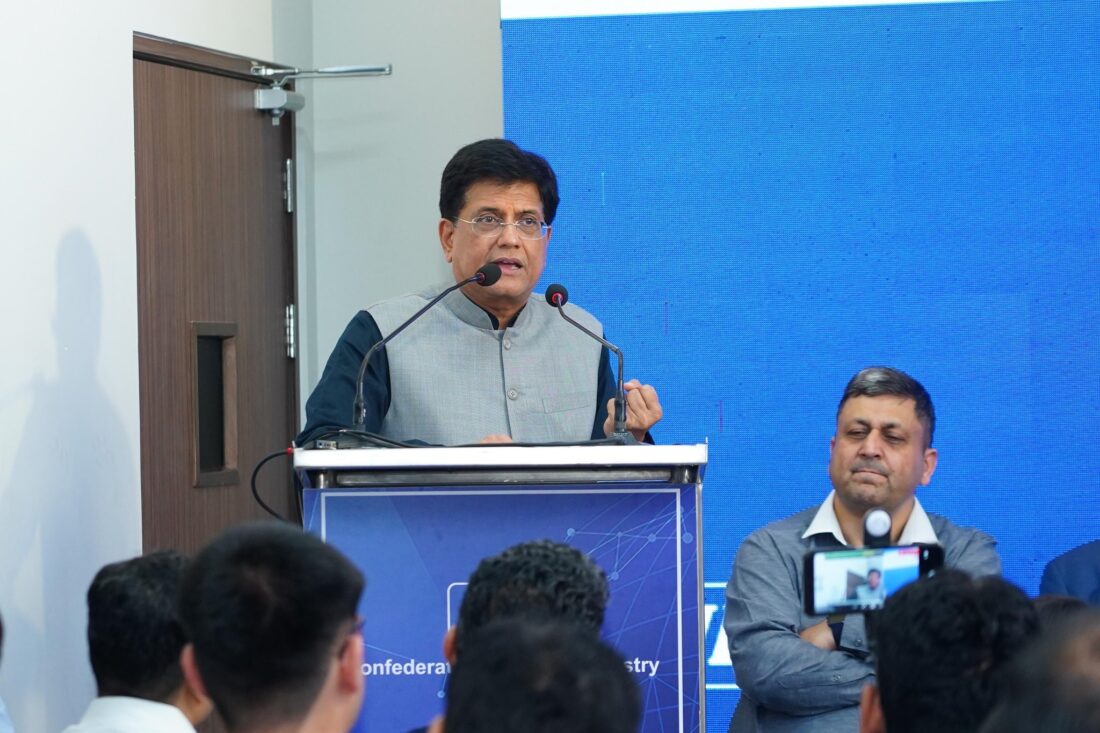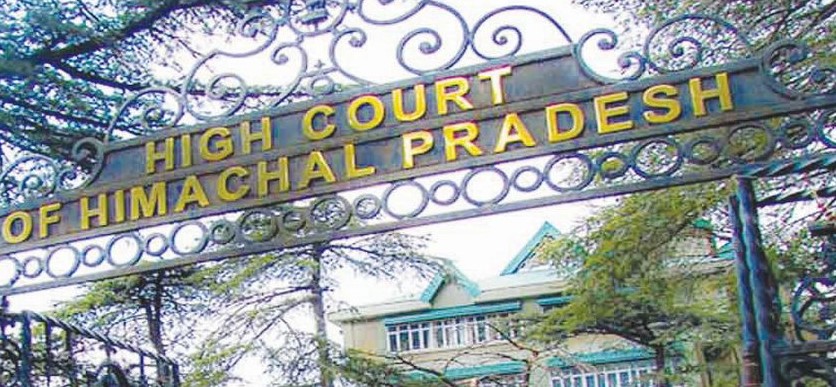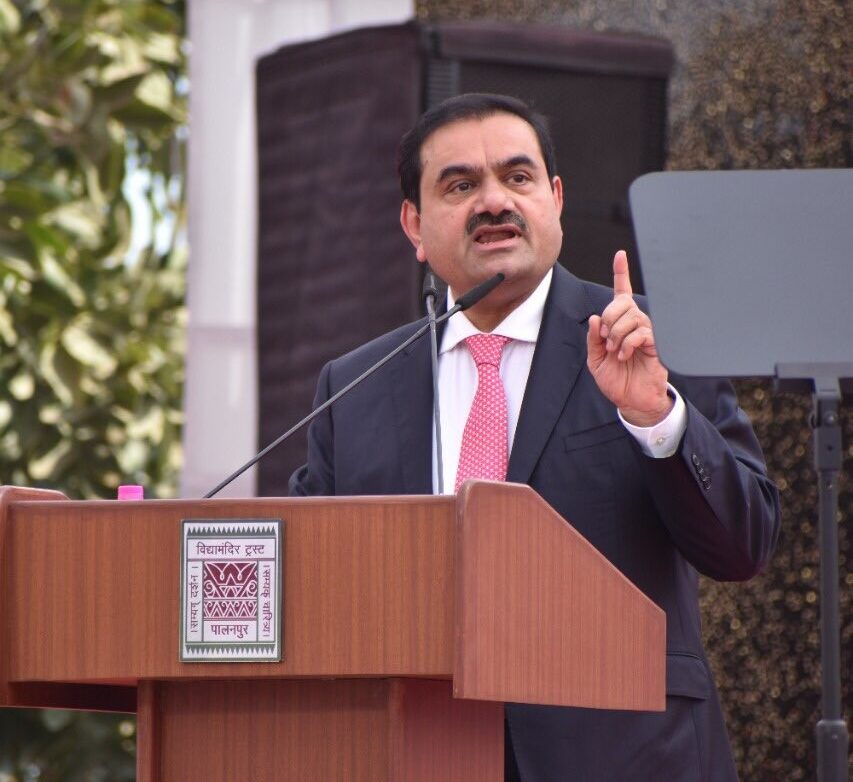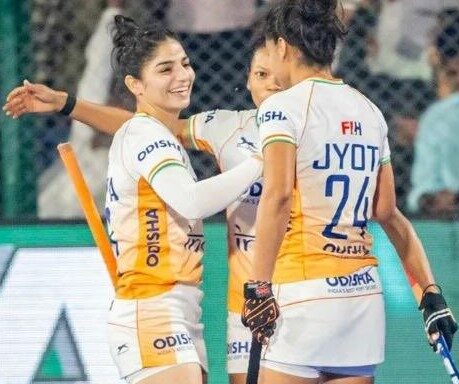North News
Mumbai, November 11
External Affairs Minister Dr. S. Jaishankar on Monday underscored the potential for robust economic ties between India and Russia, projecting a rise in bilateral trade from the current $66 billion to $100 billion by 2030. However, Jaishankar cautioned that the current trade imbalance demands urgent correction, calling for the removal of non-tariff barriers and regulatory hurdles to foster a more reciprocal relationship.
Addressing the India-Russia Business Forum in Mumbai, Jaishankar pointed to ongoing trade talks with the Eurasian Economic Union (EAEU), which commenced in March, and stressed the need to accelerate discussions. He also noted progress at the inaugural India-Russia Investment Forum held in Moscow in April, urging swift completion of a Bilateral Investment Treaty to bolster investor confidence.
The minister underscored the significance of the bilateral cooperation program for Russia’s Far East region, a framework formalized in July. Jaishankar advocated for enhancing connectivity and logistical networks, including key projects such as the International North-South Transport Corridor (INSTC), the Chennai-Vladivostok maritime corridor, and the Northern Sea Route.
Currency settlement emerged as a central theme, with Jaishankar emphasizing the importance of facilitating mutual trade in national currencies to insulate the partnership from global volatility. He hailed the use of Special Rupee Vostro Accounts as a step forward, while cautioning that achieving a balanced trade requires stronger mechanisms for rupee-ruble transactions.
A customs agreement signed in May for Authorized Economic Operators has already reduced trade friction, Jaishankar added, noting that simpler customs processes align well with India’s “Make in India” initiative, which has gained traction with Russian partners. Jaishankar also highlighted the importance of non-economic connections, such as cultural exchanges in education and film, which strengthen economic ties.
Pointing to long-term priorities, Jaishankar emphasized the comprehensive economic partnership goals set by Indian and Russian leaders, which include a detailed economic cooperation program running through 2030. Despite immediate challenges in areas like banking, shipping, and market access, Jaishankar expressed confidence in the forum’s ability to generate actionable solutions.
He further noted the synergies between the two countries in energy resources such as oil, gas, coal, and uranium, stressing the need for partnerships in these sectors to stabilize supplies and mitigate market risks.
As demographic shifts reshape global workforces, Jaishankar proposed focused initiatives to align Indian human resources with Russian labor demands, inviting businesses to drive this collaboration.
The forum concludes as India prepares for the India-Russia Inter-Governmental Commission in Delhi, where deliberations from the forum will serve as inputs to policy discussions.


